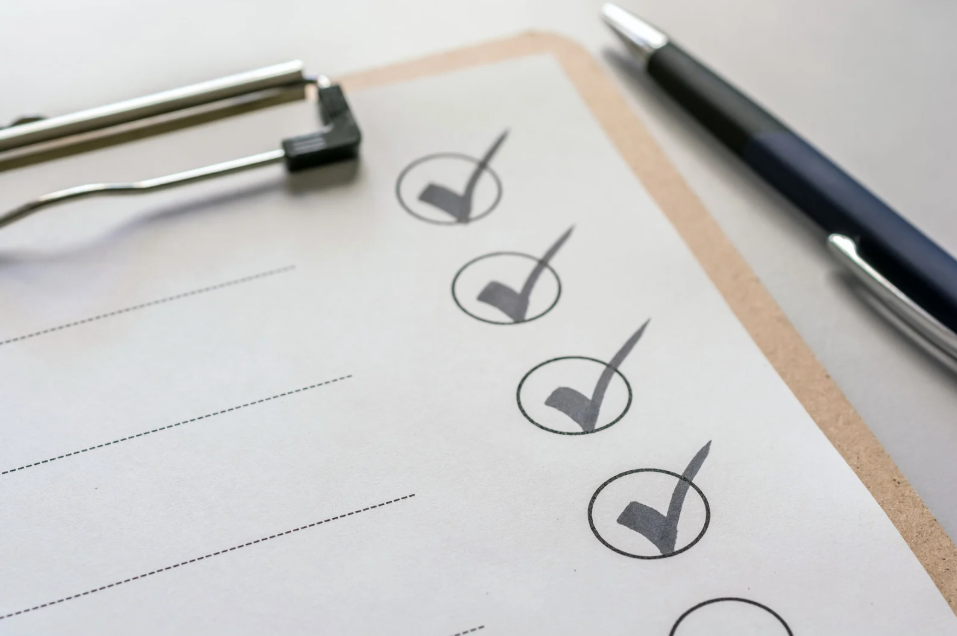Alcohol Cravings in Recovery: 7 Proven Ways to Cope
Alcohol cravings in recovery are one of the toughest challenges people face. Even after detox, the brain and body may still push you toward old habits. These cravings can feel overwhelming—but they are also a normal part of healing. The good news: cravings don’t last forever, and there are proven strategies to manage them.
Why alcohol cravings happen in recovery
Cravings are not a sign of failure—they are your brain’s way of trying to rebalance after long-term alcohol use. Common causes include:
- Brain changes: Alcohol rewires dopamine pathways. In recovery, your brain still expects the quick reward it used to get.
- Triggers: People, places, or feelings linked to drinking can spark strong urges.
- Stress and emotions: Anxiety, anger, or sadness can light up old circuits that connect alcohol with relief.
- Habit loops: Daily routines (like happy hour) can act as autopilot reminders.
Research from the National Institute on Drug Abuse shows these cravings decline in frequency and intensity with sustained sobriety.
7 proven ways to cope with alcohol cravings in recovery
1. Delay and distract
Cravings often peak and fade within 20 minutes. Setting a timer and doing something else—calling a friend, going for a walk, or playing music—can help the urge pass.
2. Identify your triggers
Write down times, places, or emotions that spark cravings. Knowing your personal triggers helps you prepare or avoid them. Therapy often makes this process easier.
3. Practice mindfulness
Mindful breathing or short meditations help you notice cravings without reacting automatically. This weakens the old habit loop over time.
4. Stay nourished and hydrated
Low blood sugar and dehydration can intensify cravings. Balanced meals and plenty of water stabilize mood and energy.
5. Move your body
Exercise boosts endorphins and dopamine, which reduces the intensity of cravings and lifts mood naturally.
6. Use coping statements
Simple reminders like “This feeling will pass” or “I’ve gotten through worse” help you ride the craving wave without giving in.
7. Connect with support
Call a sponsor, attend a group, or check in with a trusted friend. Sharing the moment takes power away from the craving.
When alcohol cravings feel overwhelming
Strong or constant cravings may signal that additional support is needed. Medication-assisted treatment, therapy, or structured recovery programs can make a major difference. Don’t ignore intense urges—reach out early.
FAQs about alcohol cravings in recovery
Do alcohol cravings ever go away?
Yes. Most people notice cravings become less frequent and less intense after the first few months of sobriety, though occasional urges may still appear under stress.
How long do alcohol cravings last?
Each craving episode often peaks within 20 minutes. The overall craving pattern improves steadily with sustained sobriety and healthy coping skills.
What triggers alcohol cravings?
Common triggers include stress, social situations, certain environments, and emotions tied to past drinking routines.
How do I stop alcohol cravings immediately?
You may not be able to “shut off” cravings, but delaying, distracting, and grounding techniques can make them pass more quickly.
Can therapy help with cravings?
Yes. Cognitive behavioral therapy (CBT), trauma-informed therapy, and support groups provide tools to understand and reduce cravings over time.
Get help with alcohol cravings in Cincinnati
At Sanative Recovery & Wellness, we understand how frustrating alcohol cravings in recovery can be. Our trauma-informed treatment programs are designed to help you cope with cravings and build long-term sobriety. Contact us today to learn more.
References:
NIDA: The Science of Addiction |
PMC: Alcohol Craving Mechanisms
This content is for educational purposes only and is not a substitute for medical advice. Always consult a clinician for guidance specific to your situation.


